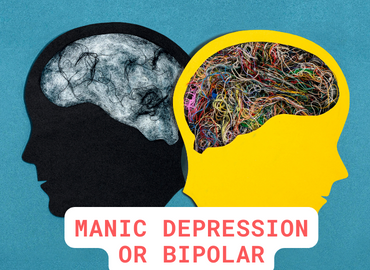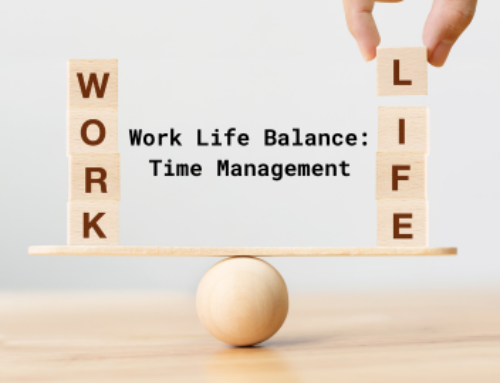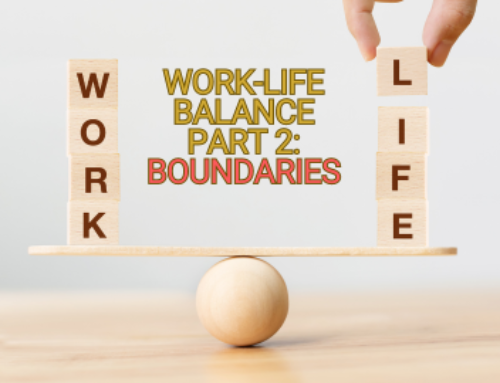Manic Depression or Bipolar Disorder
Updating Our Terminology
Before we talk about manic depression, it should be mentioned that “manic depression” has recently become an outdated term. Manic depression has been rolled into the bipolar disorder (BD) diagnosis, but the term is still widely used and searched for, which is why we’re using it today.
According to NIMH, “bipolar disorder (formerly called manic-depressive illness or manic depression) is a mental disorder that causes unusual shifts in mood, energy, activity levels, concentration, and the ability to carry out day-to-day tasks.”
Because bipolar disorder has such a wide spectrum in how it manifests in each sufferer’s life, it is easily misunderstood, and many people with BD never receive treatment. It is true that it can be very difficult to fathom whether or not a person’s mood and behavior constitutes a mental disorder and if they are aware that anything is wrong. By spreading more knowledge of the nature of BD and doing our best to reduce the stigma around BD and mental disorders in general, we can reduce the harm BD causes to sufferers and those around them.
Between the Poles
Bipolar disorder is characterized by extreme mood swings, commonly called “ups and downs.” These periods can last days, weeks, and sometimes even months. The upswings are characterized by symptoms such as:
− High energy
− Racing thoughts
− Inability to focus
− Impulsive actions, like overspending
− Angry outbursts if crossed
The downswings in bipolar disorder feature:
− Feelings of deep sadness
− Guilt, particularly toward any irresponsible actions they may have taken during a manic phase
− A desire to withdraw
− Little self worth
− Fatigue and apathy
Living With Bipolar
It is easy to see how BD can have negative effects on the sufferer’s family, friends, spouse, children, career, and general quality of life. If you can relate, see your general physician first and ask for recommendations. When it comes to treating bipolar disorder, there are a number of resources that may be appropriate. Medication is sometimes prescribed, behavioral therapy may be recommended, but self-awareness and social support is always important.
Self-awareness can be a game-changer for BD sufferers who are able to practice a degree of self-regulation. We can all benefit from checking in with ourselves frequently and engaging in a little metacognition, which means thinking about the way we think. It can go like this:
− I don’t like myself at all lately, and I’m tired too. I might be entering a low period. I’m going to write this in my journal so I can keep track of my patterns.
− I am so angry about [insert minor offense here], but I know I shouldn’t be. I can’t focus. I’m not going to beat myself up and I am not going to do anything hasty that I might regret.
− Everything is awesome! I want to go to the casino— I know I’ll win millions! Just a minute. I’m feeling manic right now and I’m not wasting this good mood by doing anything hasty that I might regret. I’m going to call a friend and tell them what’s going on. Maybe we can go out and have fun while keeping an eye on each other.
How We Can Help
At Rochester Holistic Psychiatry, one of the treatment methods we offer is transcranial magnetic stimulation, or TMS. The FDA has designated the Neurostar TMS equipment that we use as a “breakthrough device,” meaning it is on the fast track toward approval for treating bipolar disorder if a few more conditions can be met. At this time, major insurance carriers approve TMS for treating major depressive disorder (MDD) only. We’re keeping abreast of the latest developments in TMS studies and will continue to help sufferers of bipolar disorder with our psychotherapy services. Contact us any time though our website or by calling (585) 442-6960.





